By Dalia Eunice Juárez Fernández
Talking about the challenges for the Great Commission is not easy or simple, because the word “commission” itself has a heavy meaning. According to the dictionary, it means: action of committing, order and power that someone gives in writing to another person to execute some order or engage in some business.” Hence, the topic itself requires us to sit down to discuss and meditate on what the Spanish invasion meant for the native peoples. This invasion brought about a spiritual conquest, a process that was not only preached with the sword and the cross, but whereby identities and spiritualties were annihilated.
It seems that the history of violence against the indigenous peoples of Abya Yala (Latin America) is repeated again, again, and again. They are in danger as they were 500 years ago, when their history was interrupted by the Spanish invasion where the only thing the conqueror sought was to satisfy a hunger for power, dominance, and extermination.
Despite all the abuses and violence that were generated toward the territories (both land and bodies) of the native peoples, they have continued to create their history, life, spirituality, and worldview of Christianity. However, the past, like the present, continues to be woven in the same way. The advance of the violent machinery of the neoliberal capitalist system legally strips the native peoples of what has always been theirs: water and land. False laws, lawyers, authorities corrupted by money, and a legal system made and created by those above leave out the indigenous peoples and give way to exploitation of the land and aquifers with open pit mines and logging operations.
The neoliberal capitalist system not only produces wealth, scientific and technological advances, it also produces misery, destruction and death. What a few people call “progress and modernity,” for the indigenous peoples it is death and not life. We must understand that the neoliberal and capitalist world system conceives its existence and development at the cost of the dispossession and annihilation of indigenous peoples.
One cannot exercise the task that our teacher, friend, and brother, Jesus, left us as if it were a business. Without justice, one cannot speak of the mission of the church. It is imperative that more than ever we must exercise the “mission” not as a social, theological/biblical concept, but as an action of service; and not as an imposition but as a charge that must go hand in hand with justice in the broadest and fullest sense. If we do not make deep and specific changes, first of all in each one of us, then that which we have dreamed of will not be achieved: a full life.
The annihilation is total as it also seeks to destroy their territory, history, culture, spirituality, language and worldview. We know very well that the oppressor may change names, but the violent war of dispossession is the same. This is the reason why it is necessary to recognize that the liberal and capitalist world system is a war against all humanity, against the entire planet Earth. In the words of Eduardo Galeano (the Uruguayan journalist and writer), “Wars Always Lie; No war has the honesty to confess; I kill so that I can steal. Wars always invoke noble motives: they kill in the name of peace, in the name of civilization, the name of progress, of democracy. And, if so many lies weren’t enough, the media is always ready to invent imaginary enemies to justify converting the world into a grand lunatic asylum and an immense slaughterhouse.”
It was also so with the aforementioned “Great Commission.” Those who invaded the ancestral territories also committed such crimes, motivated by economic interests. For those of us who work in the theological academic circles, in the church, and in what we commonly call the mission of the church, we realize that the “Great Commission” calls us to have a strong relationship within the community where we live. The environments that we look at every day invite us to be not only spectators. In some way, the context provokes and summons us to decipher the paradigms of a world that is experiencing the most aggressive and inhuman capitalism in our entire history.
One cannot exercise the task that our teacher, friend, and brother, Jesus, left us as if it were a business. Without justice, one cannot speak of the mission of the church. It is imperative that more than ever we must exercise the “mission” not as a social, theological/biblical concept, but as an action of service; and not as an imposition but as a charge that must go hand in hand with justice in the broadest and fullest sense. If we do not make deep and specific changes, first of all in each one of us, then that which we have dreamed of will not be achieved: a full life.
Despite the evil that prevails in the world, it comforts me that the Heart of heaven and earth: God, through God’s Spirit, continues to blow strongly, shouting in our consciences, in our hearts, “enough is enough.” At the same time, we must account for unjust actions, past and present, which we must understand today, so as not to repeat them tomorrow. We have been invited from the beginning of time to be in communities not only to accompany, listen, embrace, and console, but to also be light where the darkness of injustice is placed strongly to kill, steal, and destroy.
In regard to the challenges of the misnamed “Great Commission,” if it were up to me I would eliminate the first three letters (com) and only leave the word mission. Mission calls us to balance life, human/nature, and relationships, to balance our steps, and synchronize conscience, ethics, and spirit with action. The mission of the church needs to be reimagined through a commitment to dialogue, to openness to the other, to listening without prejudice, to learn to love difference, in order to create processes of accompaniment and reciprocal learning which are born from a new ethics and Christian praxis.
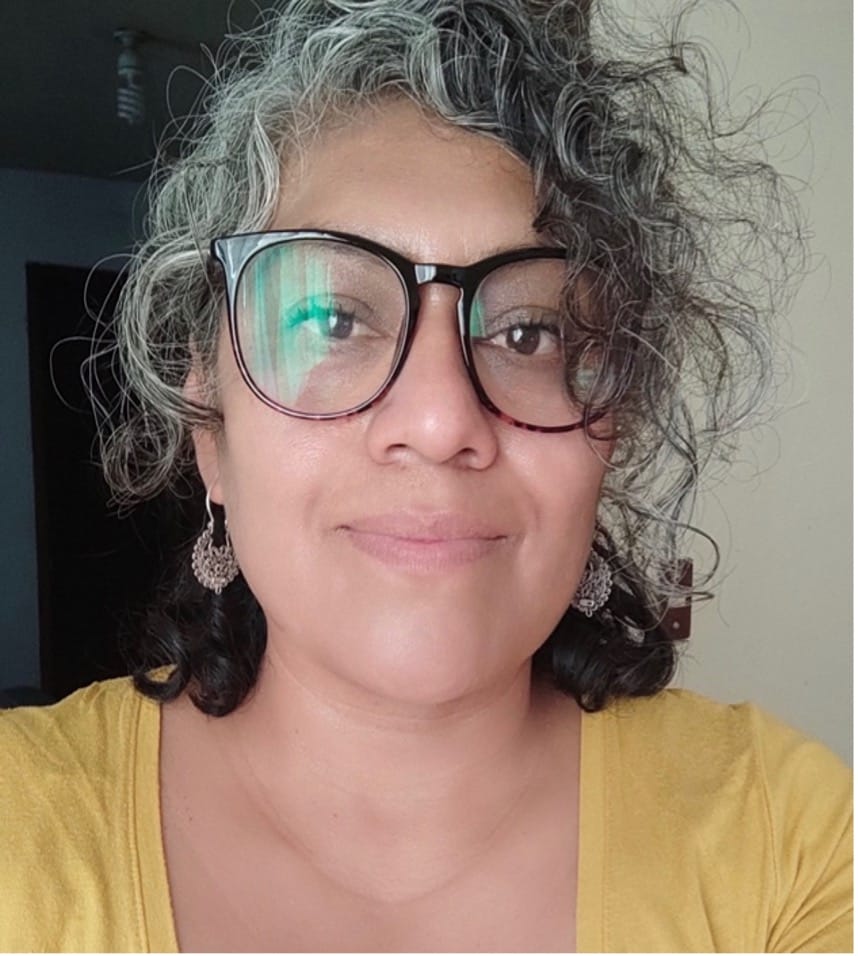
Mtra. Rev. Dalia Eunice Juárez Fernández is a Nahuatl interfaith theologian and Baptist pastor. She has a bachelor’s degree in Indigenous Pastoral from the Baptist Seminary of Mexico (SBM), as well as a Master’s degree in Latino Ministries from Palmer Theological Seminary (USA). She serves as general director of the Mayense Intercultural Seminary (SIM) in San Cristóbal de las Casas, Chiapas-Mexico, while coordinating and accompanying the COSTIAY (Community of Indigenous Theologians of Abya Yala). Dalia will be leading the Indigenous Communities: Opportunities and Challenges for the Great Commission workshop.

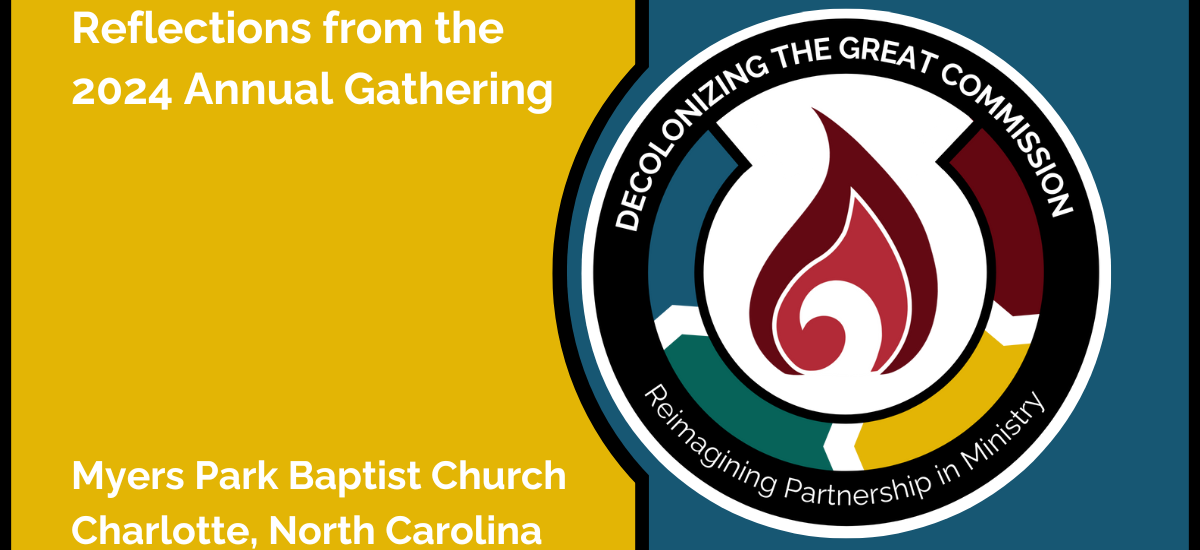
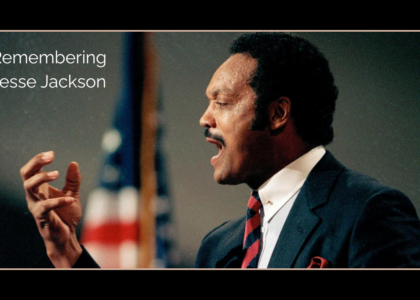
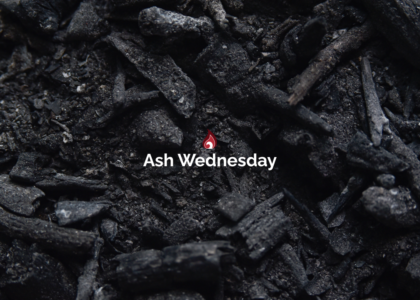
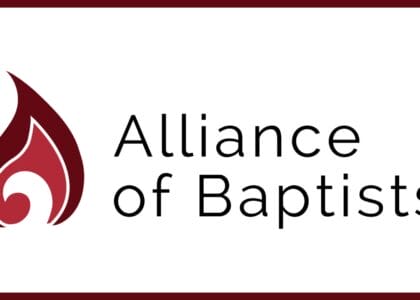
Recent Comments